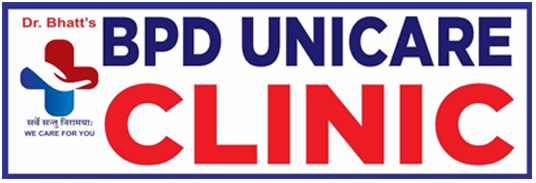Critical Care Consultancy
Critical Care Consultancy refers to specialized medical consultation provided by critical care physicians or intensivists to patients who require intensive monitoring and treatment due to severe illness or injury. This field of medicine focuses on managing patients in critical conditions in intensive care units (ICUs) or similar settings. Intensivists are specially trained to handle complex medical situations, utilizing advanced technologies and therapies to stabilize and support patients through their critical illness or injury. The care provided is highly specialized, aiming to optimize patient outcomes and ensure comprehensive management of critical conditions.

Role of Critical Care Consultancy
Critical Care Consultants play a crucial role in the healthcare system by:
- Assessment and Monitoring: Conducting thorough assessments of critically ill patients, monitoring their vital signs, and managing complex medical conditions.
- Treatment Planning: Developing individualized treatment plans based on patient-specific needs, which may involve medications, procedures, and therapies to stabilize and improve patient outcomes.
- Multidisciplinary Collaboration: Working closely with other healthcare professionals, including surgeons, nurses, respiratory therapists, and pharmacists, to coordinate care and ensure comprehensive treatment.
- Patient and Family Support: Providing education and support to patients and their families, explaining medical conditions, treatment options, and prognosis in a compassionate and understandable manner.
Conditions Managed by Critical Care Consultants
- Respiratory Failure: Acute respiratory distress syndrome (ARDS), pneumonia, chronic obstructive pulmonary disease (COPD).
- Cardiovascular Emergencies: Acute myocardial infarction (heart attack), heart failure, arrhythmias.
- Neurological Emergencies: Stroke, traumatic brain injury, seizures.
- Sepsis and Septic Shock: Systemic infection leading to organ dysfunction and shock.
- Trauma: Critical injuries from accidents, falls, or violence.
- Post-operative Care: Management of patients recovering from major surgeries.
- Organ Transplantation: Post-transplant care and management of complications.
Diagnostic and Therapeutic Interventions
- Advanced Monitoring: Continuous monitoring of vital signs, cardiac function (ECG, echocardiography), respiratory parameters (ventilator settings), neurological status (intracranial pressure monitoring).
- Ventilator Management: Adjusting mechanical ventilation settings to optimize oxygenation and ventilation in patients with respiratory failure.
- Hemodynamic Support: Administering medications to support blood pressure and cardiac function, such as vasopressors and inotropes.
- Renal Replacement Therapy: Performing hemodialysis or continuous renal replacement therapy (CRRT) for patients with acute kidney injury.
- Nutritional Support: Providing specialized nutritional support tailored to the needs of critically ill patients.
- Pain and Sedation Management: Ensuring comfort and managing pain and agitation using appropriate medications.
Critical Care Consultancy is essential for managing critically ill patients, providing specialized expertise, and improving outcomes in intensive care settings. These healthcare professionals play a pivotal role in delivering comprehensive and compassionate care during times of medical crisis.
